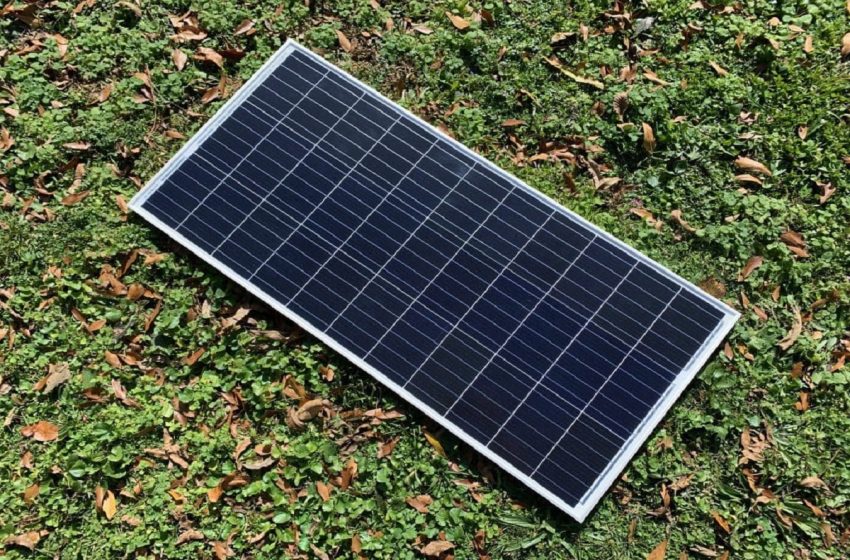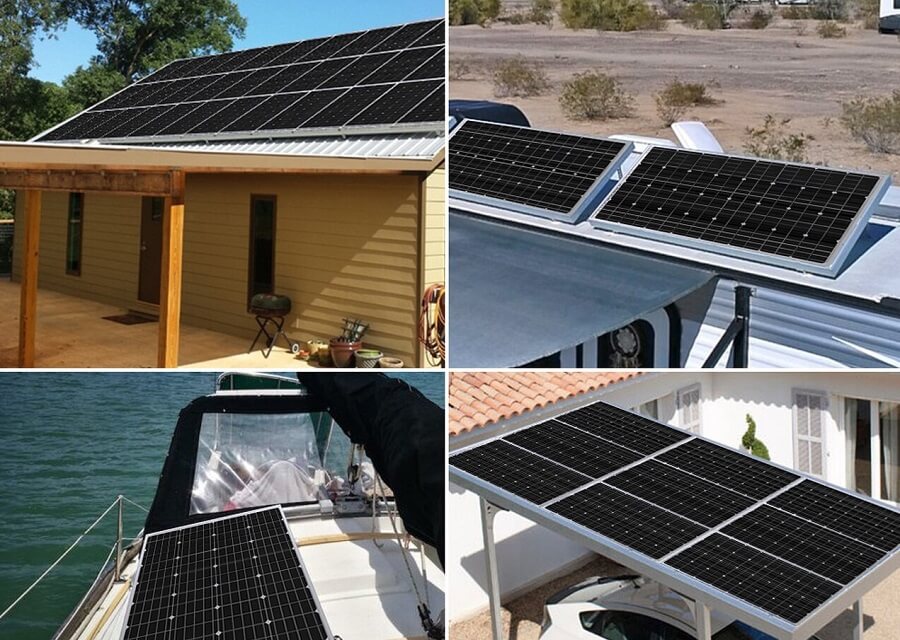
Things to consider when buying solar panels and installing it at your house
When it comes to home energy, many people are thinking about installing solar panels. The downside, however, is that you might only save a few hundred dollars a year and your house would still be consuming electricity. But what if there was an alternative? What if you could install a wireless device that monitors your power usage – and in turn generates electricity for free?
What are the Advantages of Solar Panels?
Image Source: Link
There are many benefits to installing solar panels, both in the short and long term. Here are a few of the more common reasons to consider solar panels:
- Solar panels are an affordable option. Solar energy is one of the most sustainable forms of energy, and solar panels are one of the least expensive ways to get started with renewable energy. Prices for solar panels have been dropping steadily over the past few years, making them more accessible to more people.
- Solar panels produce electricity 24/7. Unlike other forms of energy, like gasoline or coal, solar energy can be harnessed all year long. This means that you can use solar power to power your home during the daytime and use traditional sources of energy at night. This can help reduce your overall carbon footprint.
- Solar panels produce no emissions. Solar panels produce zero emissions when they’re generating electricity, which is a major benefit when compared to other forms of energy. Solar panel installations often help reduce air pollution in areas around them, which is great for the environment.
- Solar panels can save you money on your electric bill. Solar panel installations often result in lower electric bills over time because they generate a lot of electricity.
When to Install a Solar Panel?

Image Source: Link
There are many things to consider when deciding to buy solar panels and install them at your house. The size of the system, your location in relation to the sun, your budget, and your needs are all important factors to take into consideration. Here are a few tips to help you make the best decision for your home:
1) Size of System:
When sizing your solar panel system, be sure to account for how much energy you will use each month. Your panels will produce more energy if they are large enough to cover the area you need them to, but they will also cost more. If you only need small panels for a small area, a smaller system may be better for you.
2) Location in Relation to Sun:
The location of your home in relation to the sun is another important factor to consider. If you live in an area that receives a lot of direct sunlight, installing solar panels may be a good option for you. However, if you live in an area that receives less sunlight, investing in solar panels may not be the best option for you. Solar panels work best when they receive direct sunlight throughout the day.
Cost of Installing a Solar Panel

Image Source: Link
When thinking about installing solar panels on your roof, you should consider a few factors. The most important factor to consider is the cost of installation. Other factors you may want to consider include:
- The size of your roof and the number of panels you need.
- If you want to sell or lease the solar power generated by your panels.
- The inverter will be needed to convert the solar energy into usable electricity.
- The type of solar panel you choose.
- The warranty comes with the panel.
The Pros and Cons of Solar Panels

Image Source: Link
When considering whether or not to go solar, there are a few things to keep in mind. The following are the pros and cons of solar panels:
Pros:
- Solar panels are sustainable and environmentally friendly.
- Solar panels provide you with clean, renewable energy.
- Solar panels are affordable and installation is easy.
- Solar panels can be installed on nearly any roof.
Cons:
- Solar panels produce electricity only during the day.
- Solar panels require sunlight to work properly.
- Solar panels require regular maintenance and care.
Tips for Installing Solar Panels

Image Source: Link
When you are deciding whether or not to install solar panels on your house, there are a few things to consider. Here are four tips for installing solar panels that can help you make the best decision for your home and family:
1) Consider Your Home’s Energy Needs: Solar panels work by converting sunlight into electricity. If you already use a lot of electricity, adding solar panels may not be the best investment. Instead, try to find a solar panel system that can fit your household’s current energy needs.
2) Determine Your Budget: Solar panels can be expensive, but they also have a long lifespan. If you want to install solar panels now and save money in the future, make sure to factor in the cost of replacement parts and maintenance.
3) Look at Your Home’s Orientation and Insulation: Solar panels work best when the sun is shining straight down on them. If your home is oriented wrong or has bad insulation, your panels may not produce as much energy as they could. Talk to an installer about how best to install your panels based on your home’s specific conditions.
Conclusion

Image Source: Link
There are a lot of things to consider when you are looking to buy solar panels and install them at your house. Here are some of the most important factors:
- The size of your property: Solar panels will not work as well on large, heavily shaded roofs as they will on smaller, unobstructed ones. If you have any doubts about whether or not solar panels would be a good fit for your property, please get in touch with one of our experts who can help you calculate your needs and find the best option for you.
- Your budget: With so many different options available, it can be hard to determine what exactly you need and want in order to achieve the best savings on your electricity bill. Our team is equipped with all the knowledge necessary to help guide you through this process and identify any potential discounts that may be available.
- Existing energy infrastructure: In most cases, installing solar panels means making some changes (or additions) to your electrical system – something that should definitely be considered before jumping into anything! Our team can provide an estimate of how much work would need to be done in order to accommodate solar panel installation and ensure that everything is compatible once the panels arrive.

